Corporate Social Responsibility Mandates in India: A Legal Overview
Corporate Social Responsibility (“CSR”) has become an integral part of corporate governance globally, and India is no exception. With the enactment of the Companies Act, 2013, India introduced mandatory CSR provisions, making it one of the few countries to legally mandate CSR spending for certain companies. This article provides an overview of CSR mandates in … Continue reading “Corporate Social Responsibility Mandates in India: A Legal Overview”

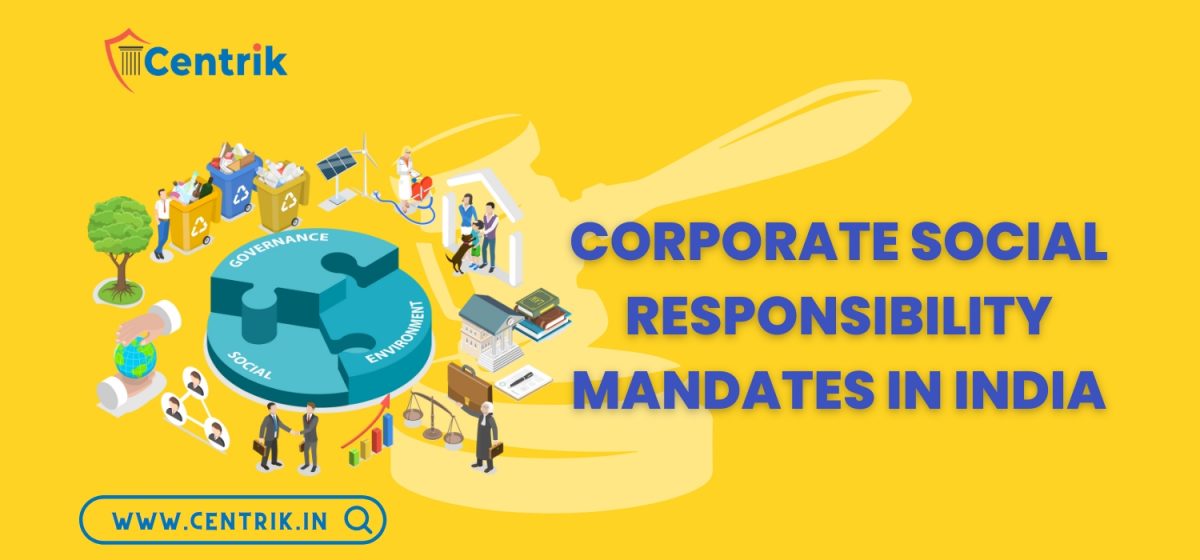




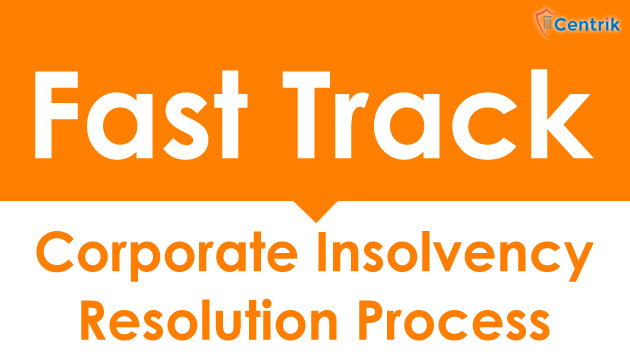
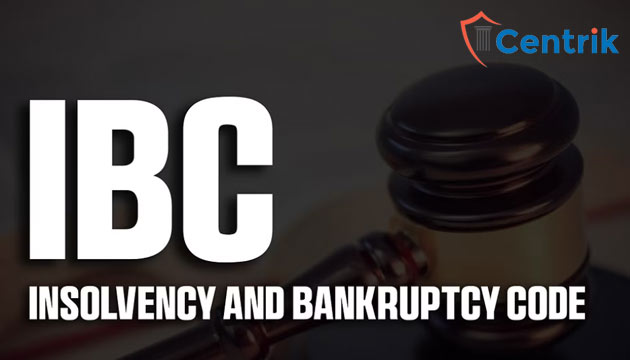
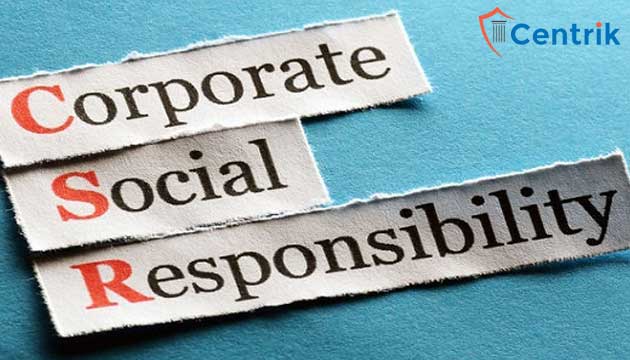



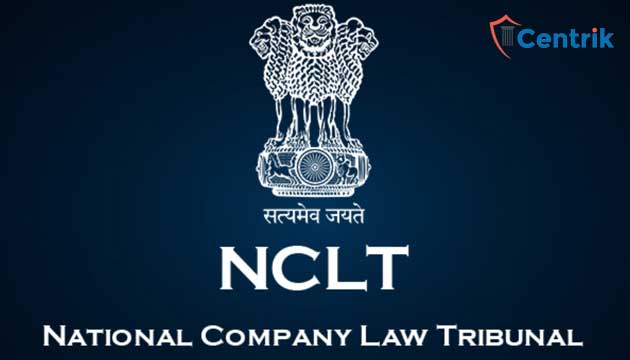



 join For Updates
join For Updates